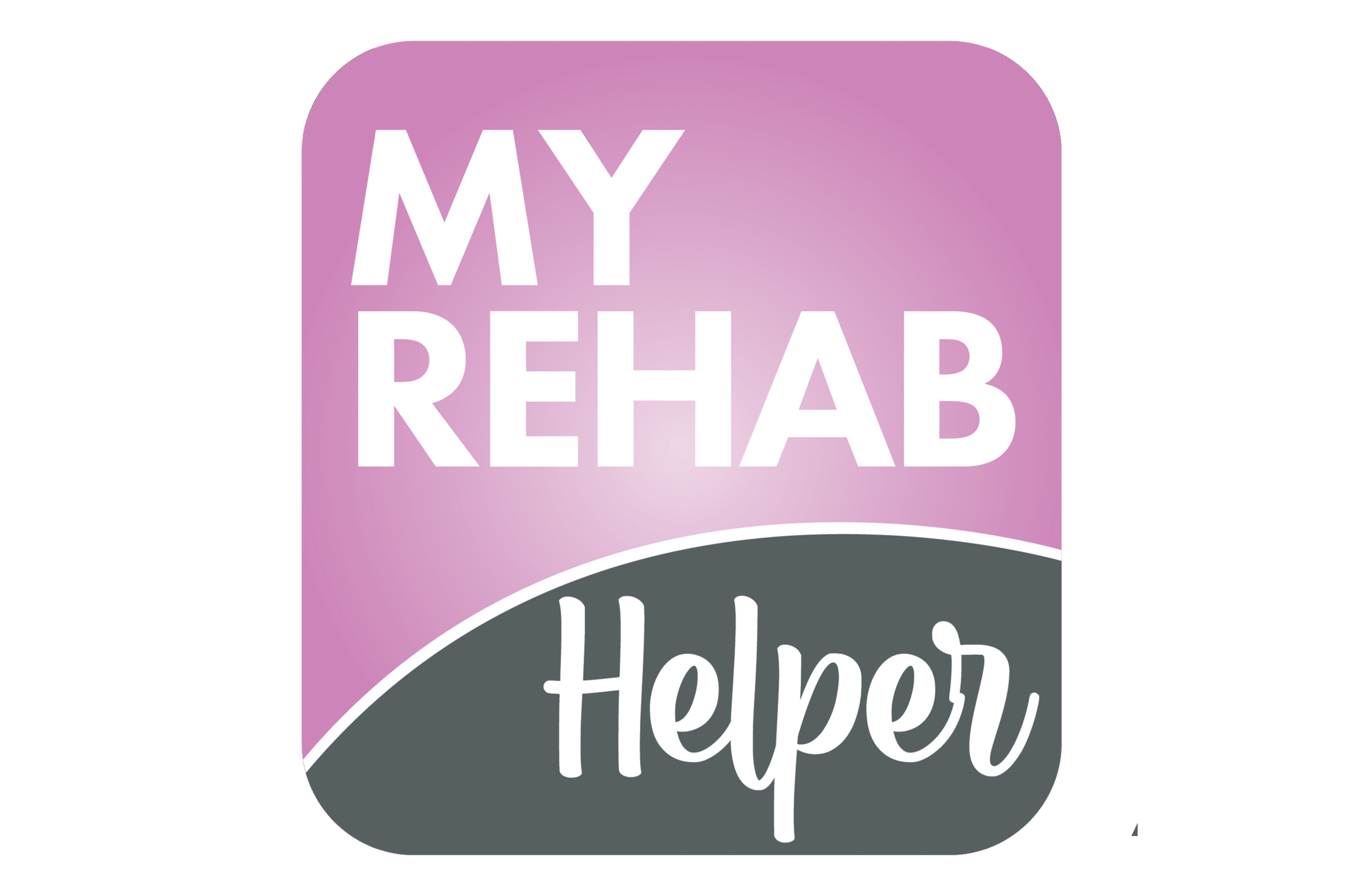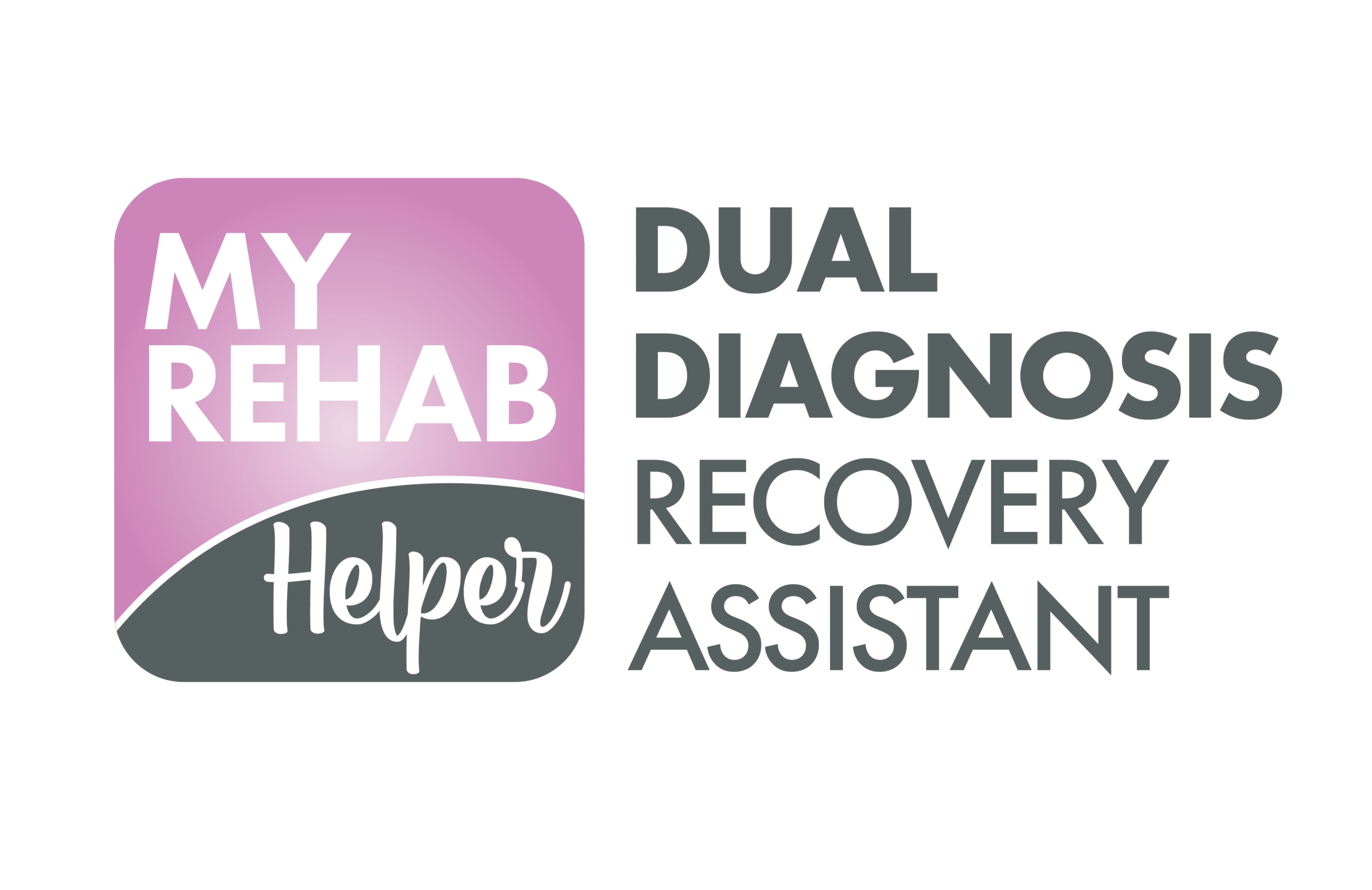
How Can I Tell if I am Addicted to Sleeping Pills?
How Can I Tell if I am Addicted to Sleeping Pills?
Recognizing the Signs of Sleeping Pill Addiction
Increased Tolerance
One of the clearest signs of sleeping pill addiction is developing a tolerance. Over time, your body adapts to the medication, requiring higher doses to achieve the same calming or sleep-inducing effects. What may have started as an occasional aid for sleep can turn into a cycle of escalating use, where the original dosage no longer works. As tolerance builds, there’s a greater risk of dependency, making it harder to function without the medication. This can lead to taking sleeping pills more frequently or combining them with other substances to enhance their effects—both of which can be dangerous. Recognizing tolerance early can help prevent deeper addiction and the potential health risks associated with prolonged use.
Withdrawal Symptoms
Call one of our MyRehab Helpers now!
Contact one of our helpers for ethical referals to a facility or health care professional that suits your unique circumstances.
Compulsive Use
Inability to Cut Back
Continued Use Despite Negative Consequences
Preoccupation with Obtaining and Using Sleeping Pills
Neglecting Responsibilities
Social or Interpersonal Problems
Engaging in Risky Behaviors
Impact on Daily Functioning
Contact one of our helpers for ethical referals to a facility or health care professional that suits your unique circumstances.
